Year in Review 2019: CEOs who took the spotlight in Singapore
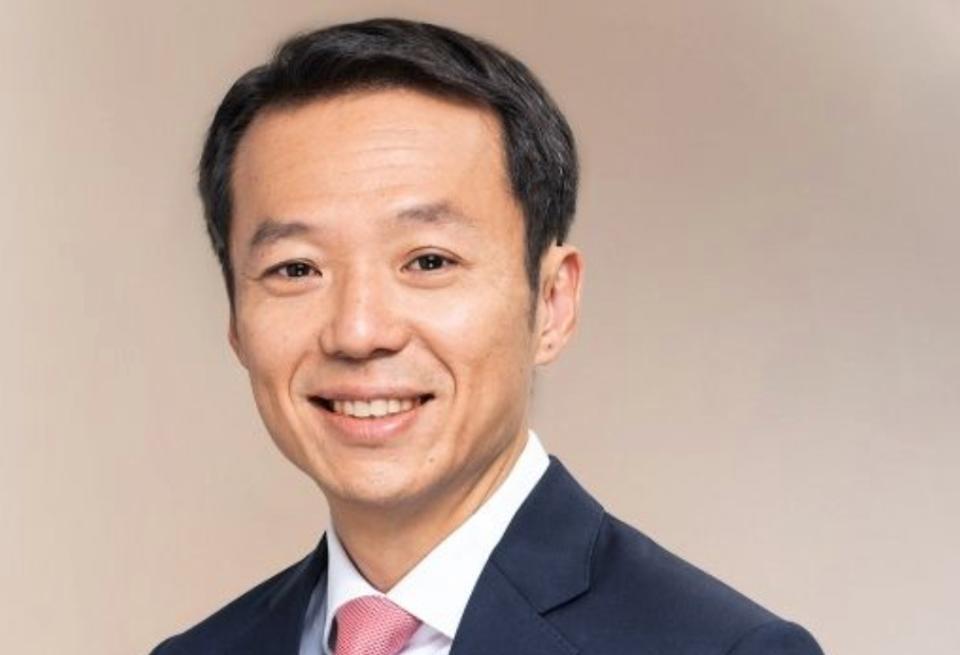
SINGAPORE — These leaders are not unfamiliar names in business circles, having driven the growth some of Singapore’s headline brands. Forward-looking business strategies, a focus on sustainability and acts of altruism put them among the nation’s most talked-about business bigwigs in 2019. Here's a list of top executives in Singapore in 2019, according to a Yahoo Finance search. The companies are listed in alphabetical order.
1. Lee Chee Koon, Group CEO, CapitaLand
Lee Chee Koon stepped into the top job at property giant CapitaLand in September 2018, and four months later, pulled off an $11 billion cash-plus-shares deal to buy Ascendas-Singbridge (ASB) from Temasek Holdings. Completed in June this year, the deal creates one of Asia’s largest and most diversified realty groups. Prior to his current role, Lee was Group Chief Investment Officer – a position he occupied from January 2018, following four years as CEO of CapitaLand's wholly-owned serviced residence business, Ascott, where he is credited for growing its revenues, overseeing its expansion and leading a recovery in profits.
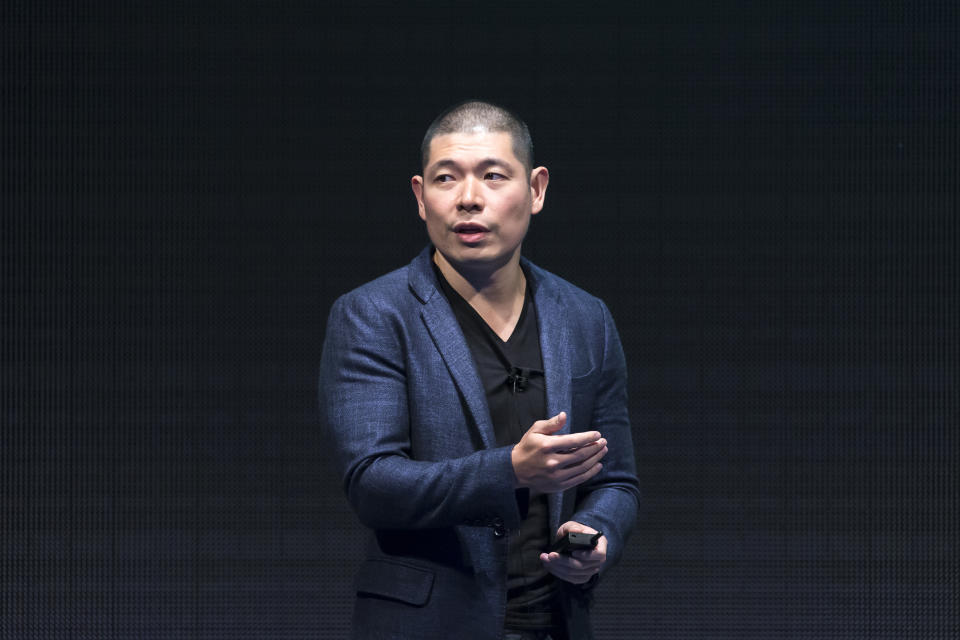
2. Anthony Tan, co-founder and CEO, Grab
In just seven years, Anthony Tan has grown the taxi-hailing app he co-founded with Harvard classmate Tan Hooi Ling in a Kuala Lumpur garage into Southeast Asia’s largest ride-hailing company, with fast expanding services in food and finance. The next step, announced in September, is a $150 million investment in AI and employing engineers over the next year to build Grab into a regional do-it-all super-app. Grab is also said to be eyeing a digital banking license in Singapore next year. In July, Tan shaved his head during the Hair for Hope campaign, raising S$197,010 – a record amount by an individual - for children with cancer.
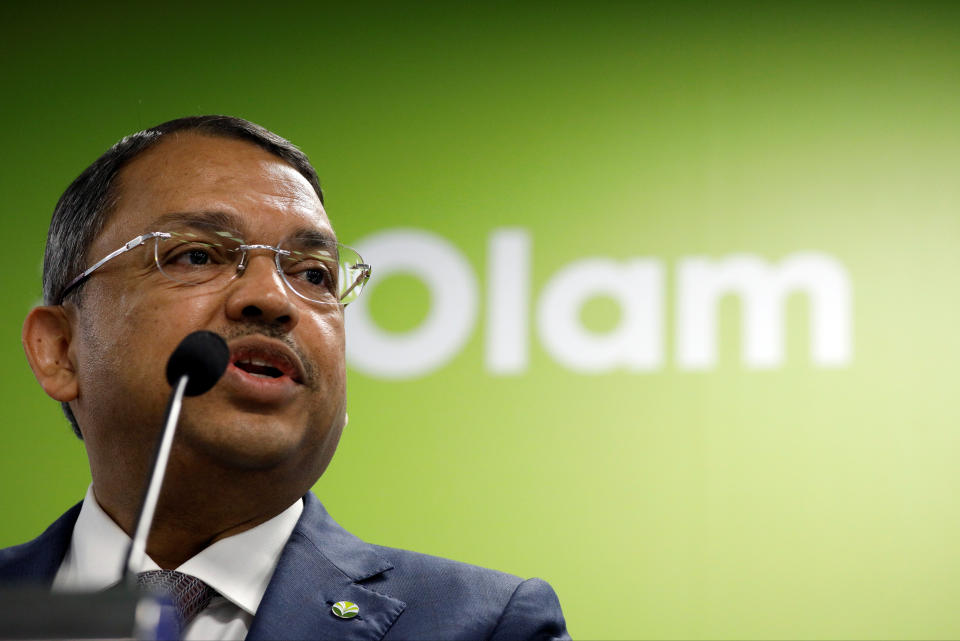
3. Sunny George Verghese, co-founder and Group CEO, Olam International
Sunny George Verghese helms food and agribusiness Olam International which this year launched a six-year strategic plan to exit sectors it has outgrown to focus on strengthening its high-growth businesses while getting closer to customers. He also leads the company’s sustainability initiatives, including a digital dashboard which tracks the social and environmental footprint of the company’s products to positively influence the environmental footprint of the 4.8 million farmers in its supply chain. Verghese is the current chair of the World Business Council for Sustainable Development.
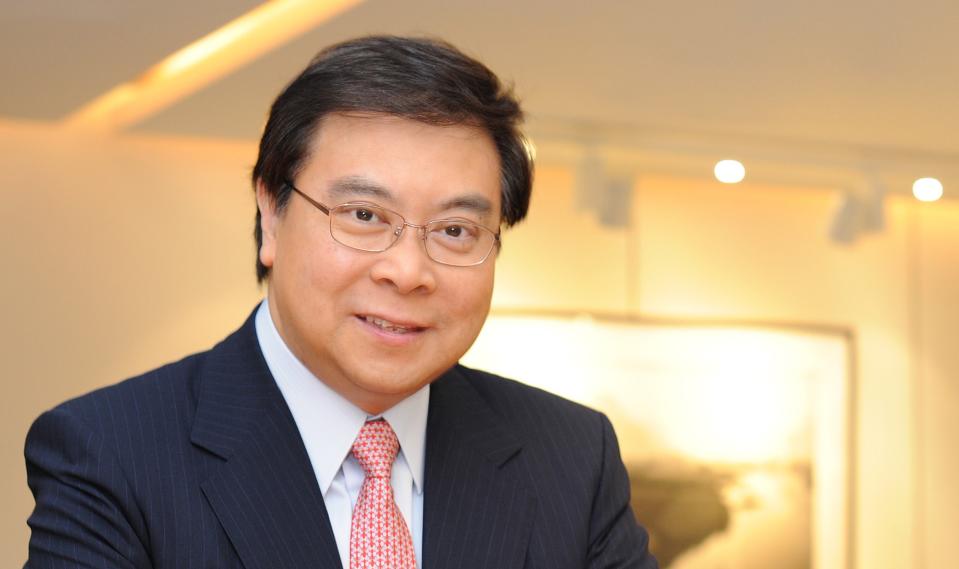
4. Samuel N. Tsien, CEO, OCBC
Head of Southeast Asia’s second-largest lender, Samuel Tsien led the acquisitions that saw OCBC grow its presence in Hong Kong and put it among the top-10 private banks in Asia. Under his leadership, OCBC is now positioning itself for the digital age, centring its business plan on digital transformation, including strategic collaboration with fintech and ecosystem partners, and investing S$20 million to develop the digital skills of its employees. Separately, Tsien announced this year that the bank would stop funding new coal-fired power plants, while increasing funding for energy renewable projects.
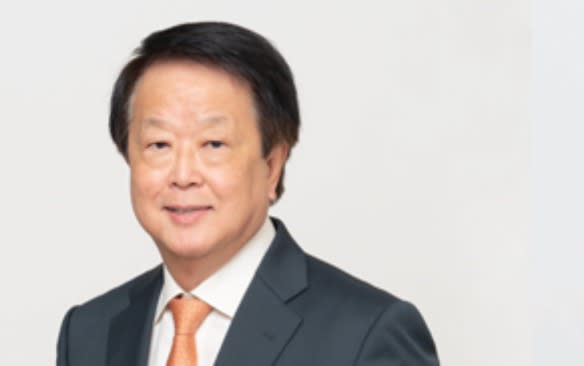
5. Kuok Khoon Hong, Chairman and CEO of Wilmar International
Kuok Khoon Hong co-founded the Wilmar Group in 1991 and built it from scratch into one of Asia’s leading agribusiness groups. This year saw Kuok navigate Wilmar through a tough operating environment, with profits hit by the African Swine Flu and China-US trade war, to turn in strong performances across key categories in Q3. He remains optimistic for the final quarter. In his memoir, Malaysian billionaire and respected businessman, “Sugar King” Robert Kuok, describes his nephew as a hands-on manager who works “16 or more hours a day, every day of the year” and as “the most fantastic businessman you can team up with”.
Related stories:
Year in Review 2019: Top 10 private property gains in Singapore
Year in Review 2019: Top M&A deals in Singapore
Year in Review 2019: Most searched international female celebrities in Singapore

 Yahoo Finance
Yahoo Finance 
